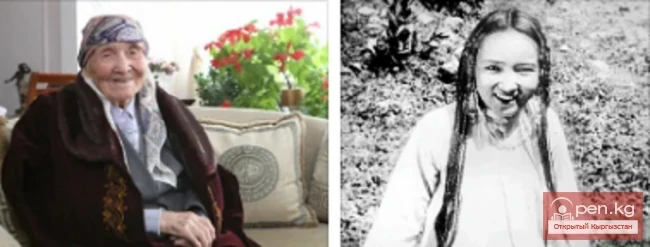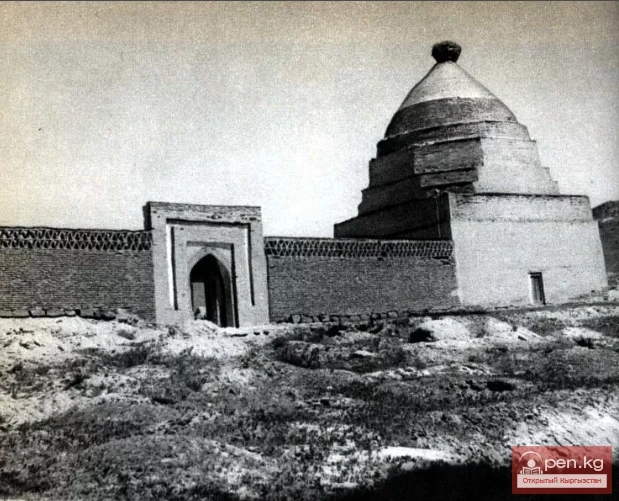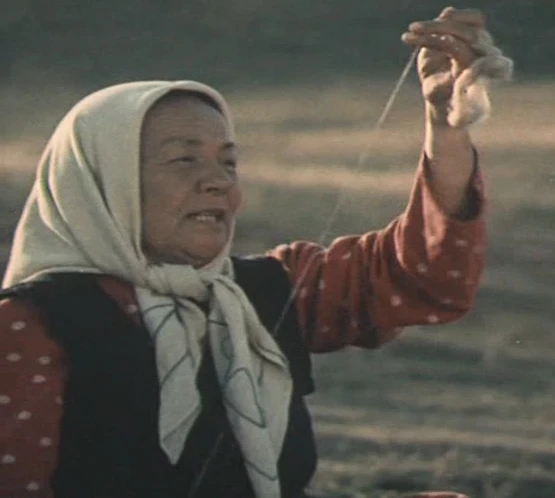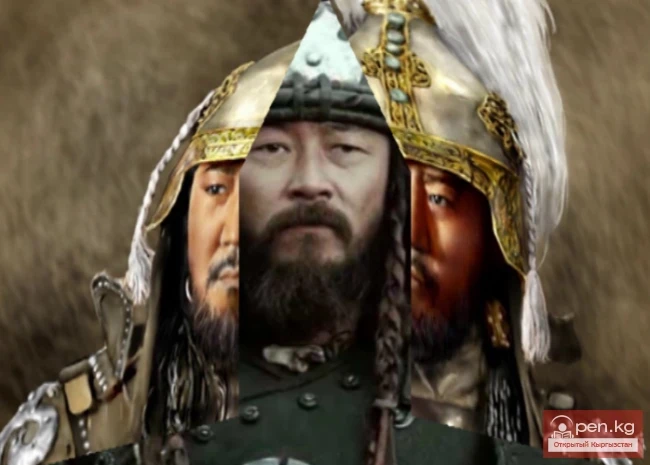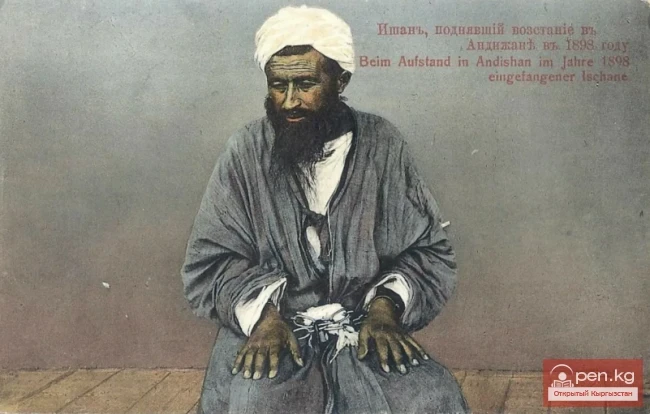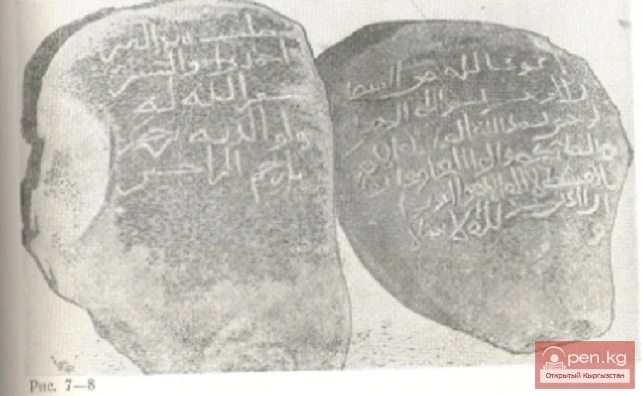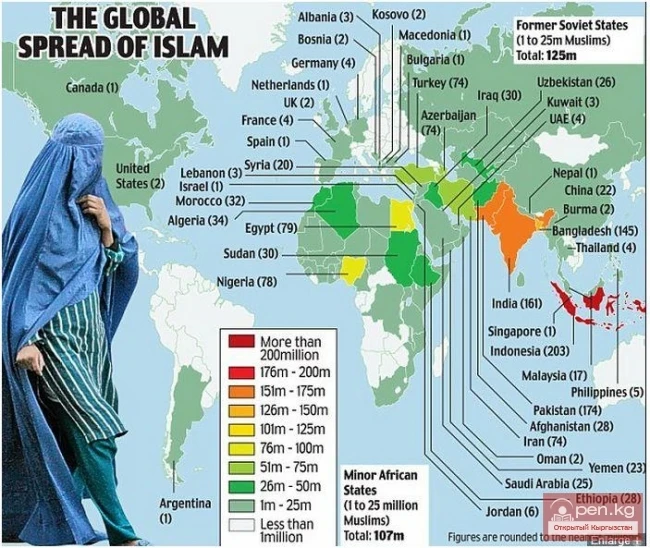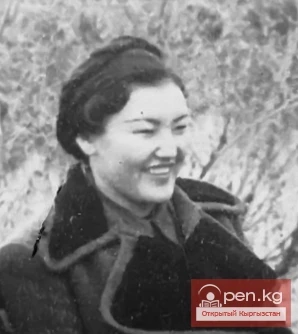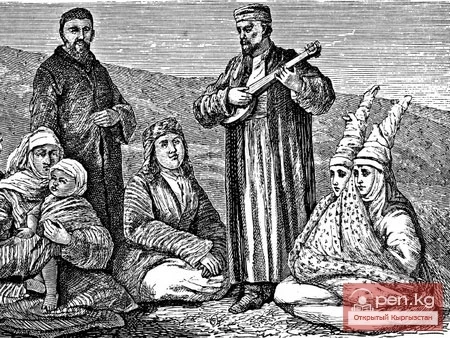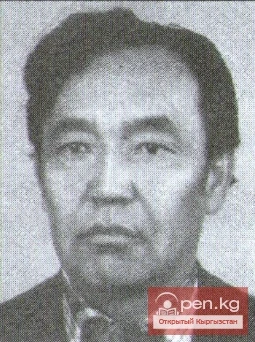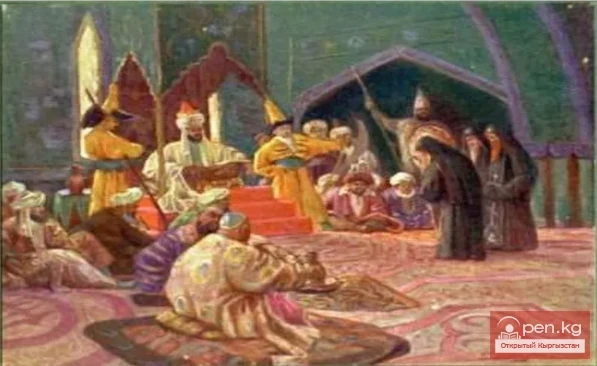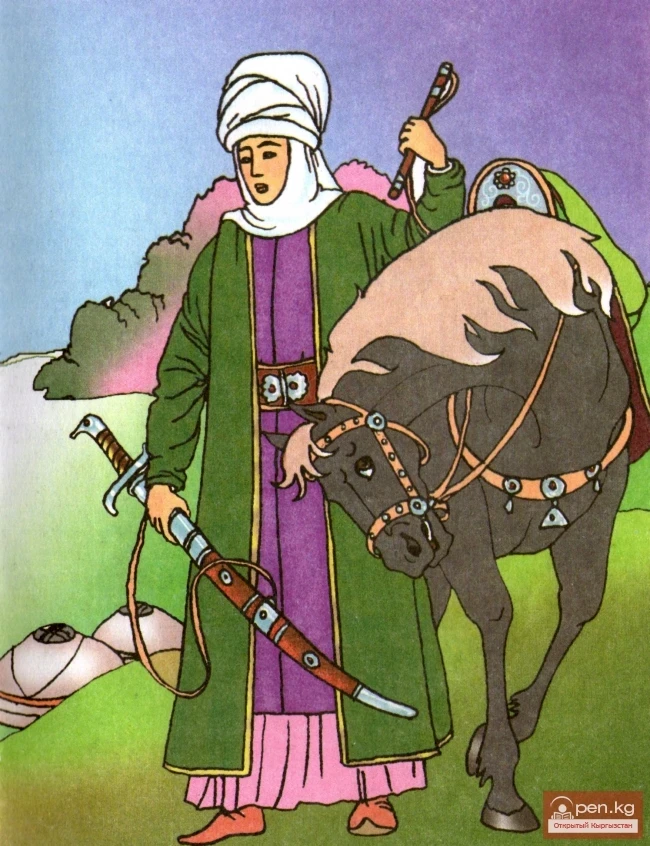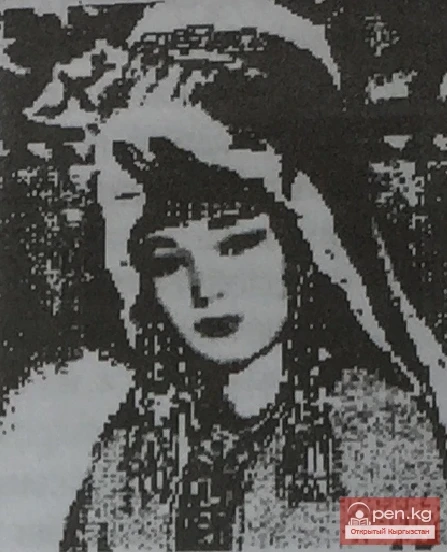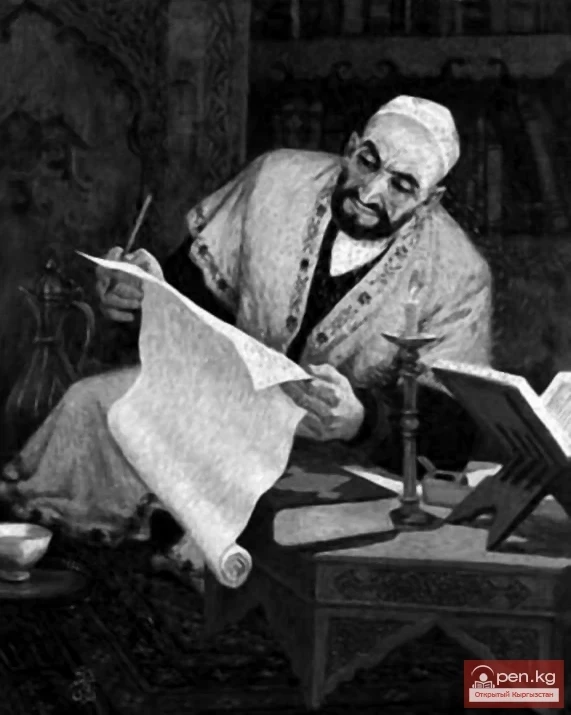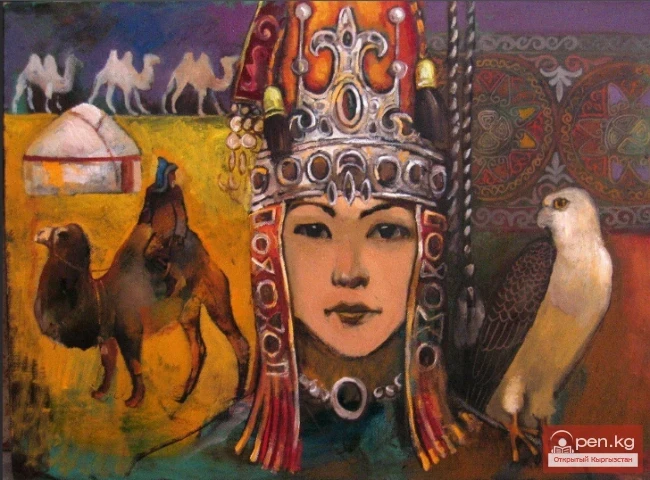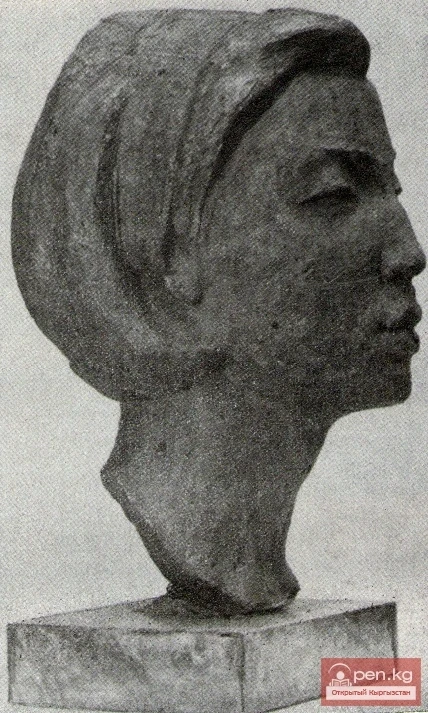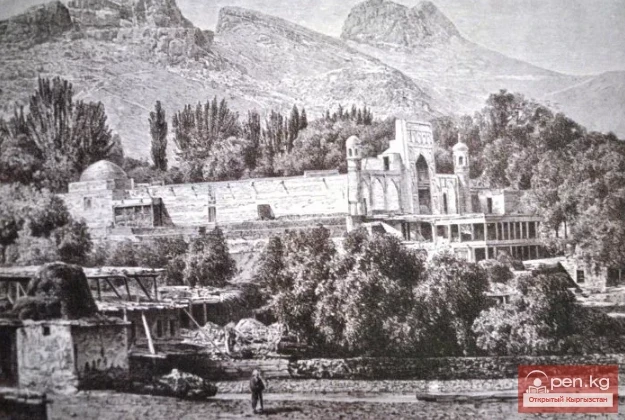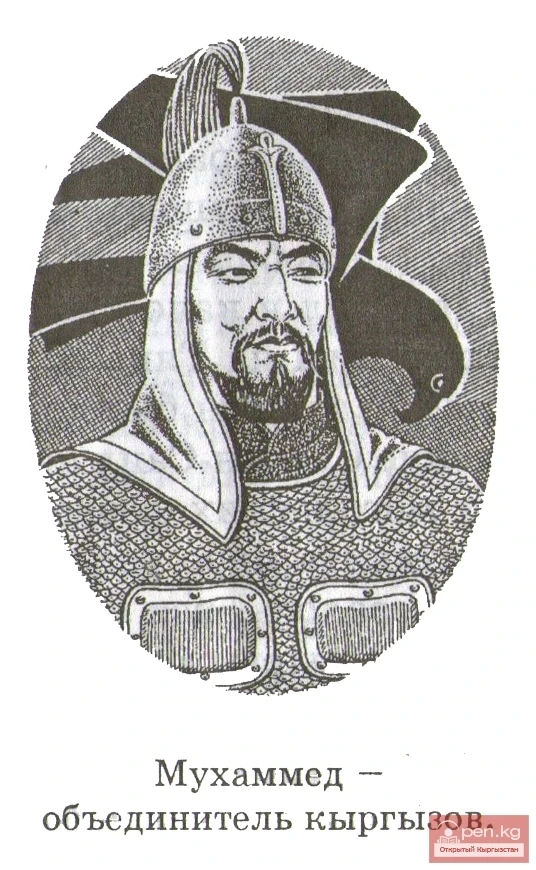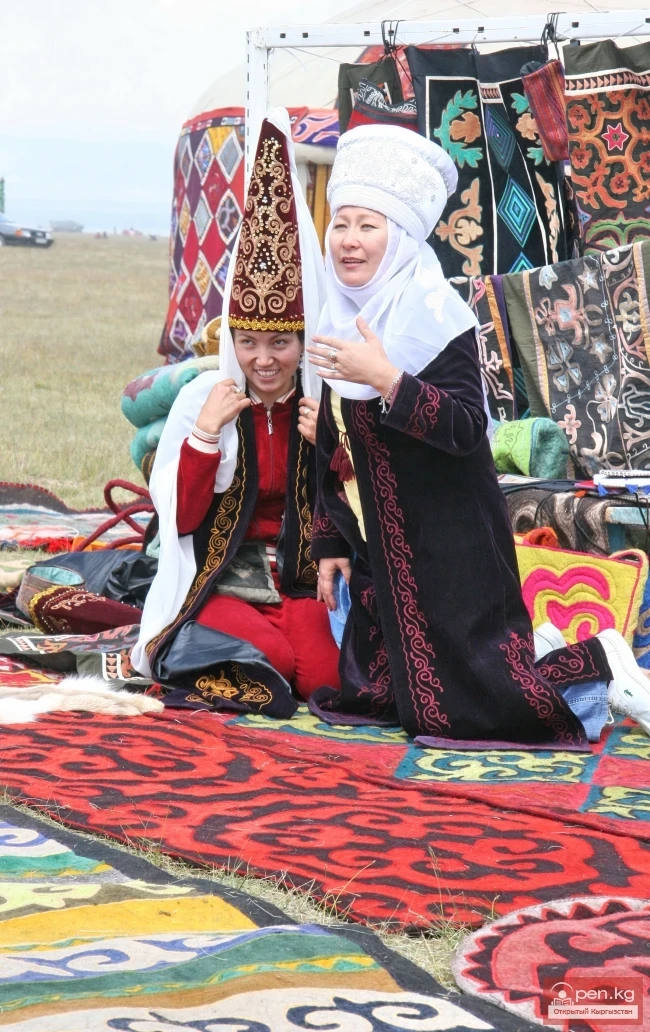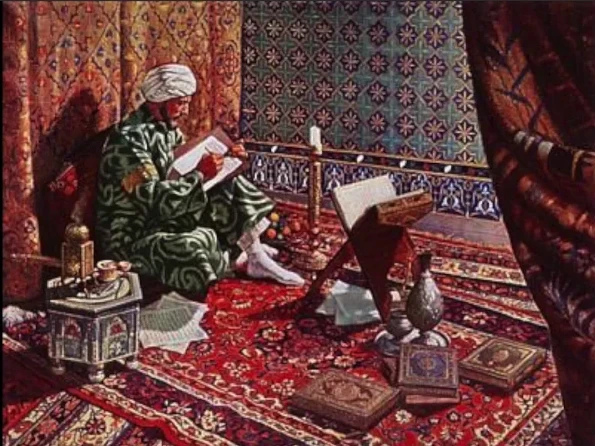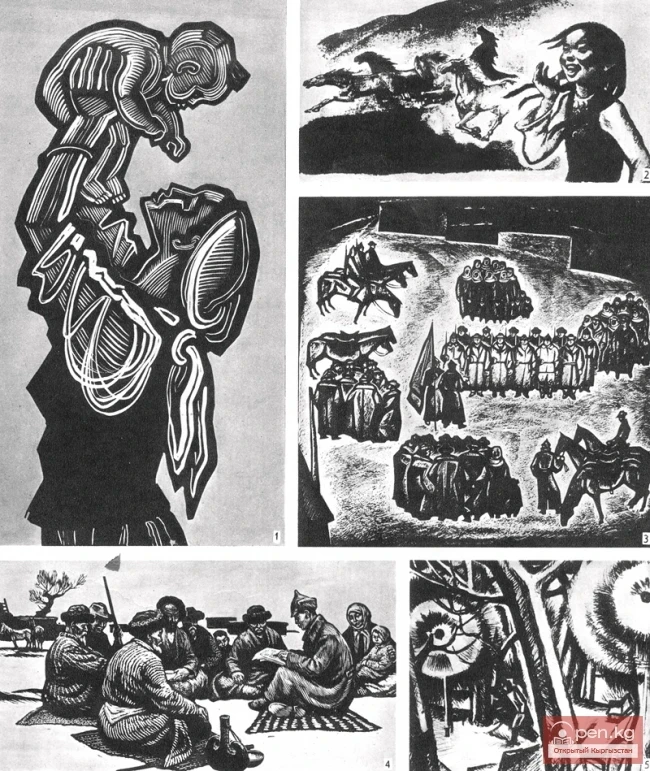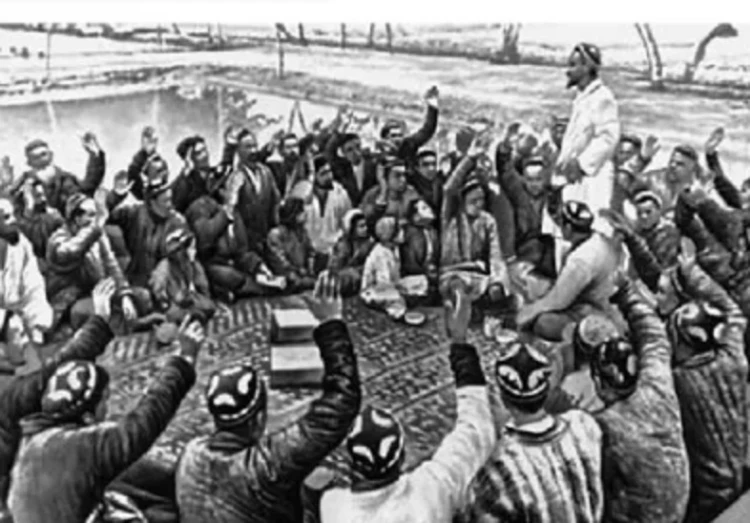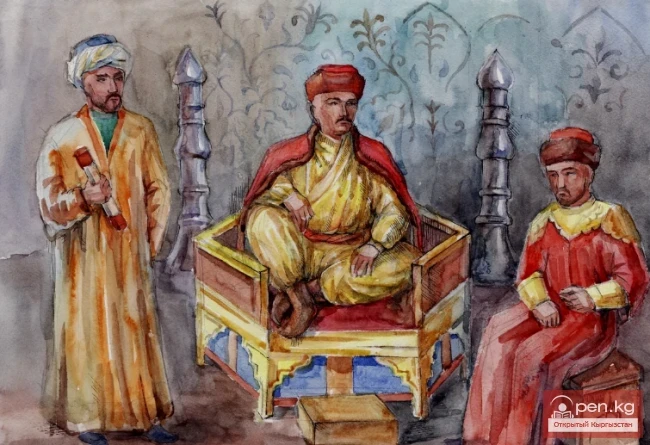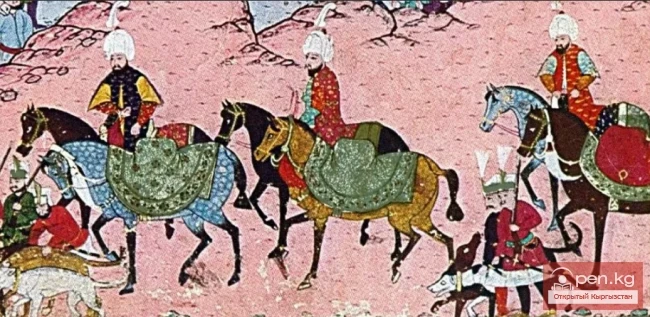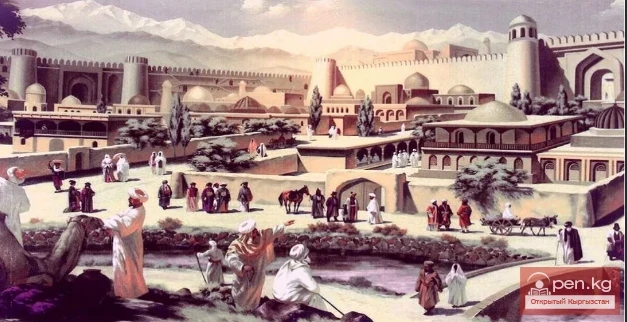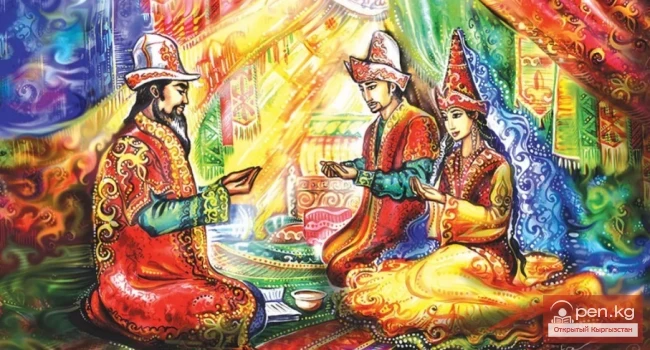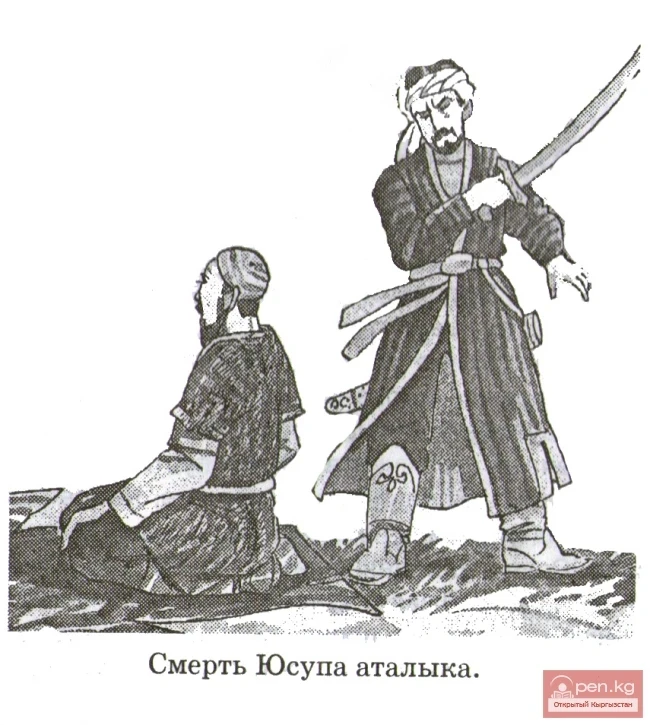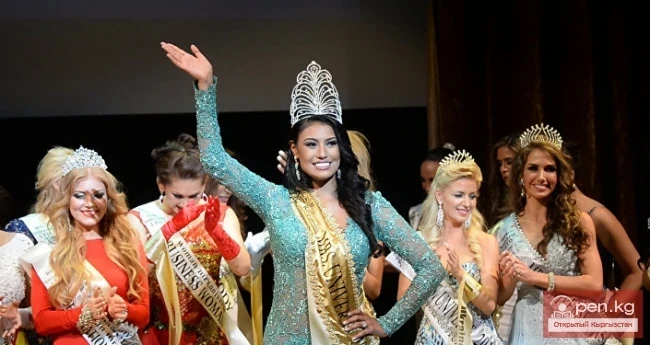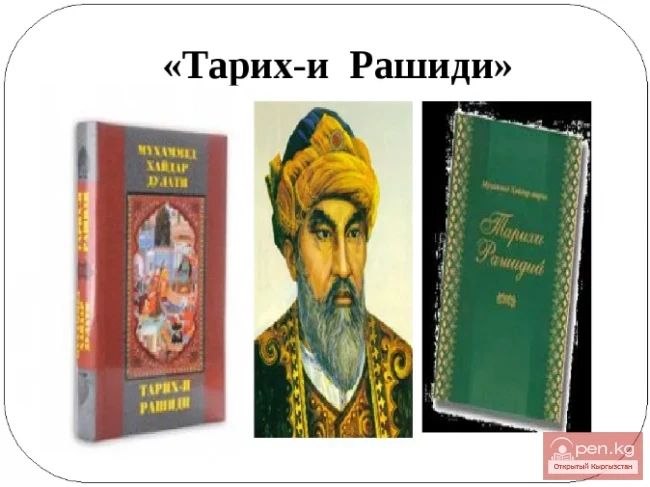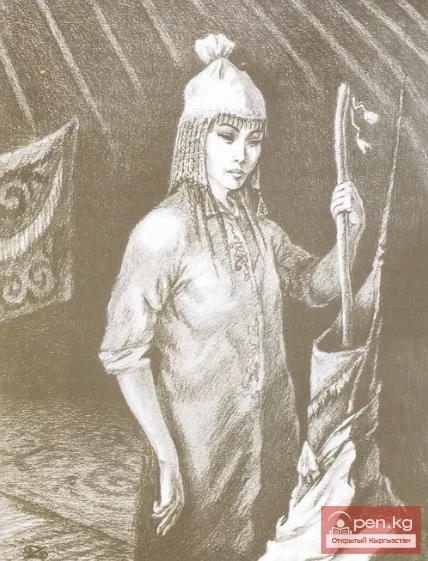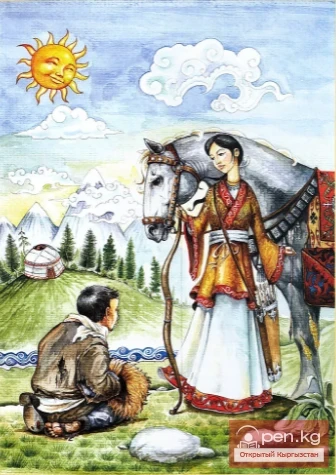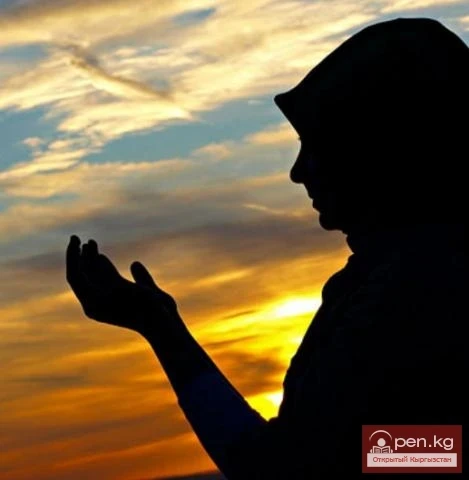
Aisha
Aisha was the beloved wife of Muhammad, the daughter of one of the first Muslims, the closest companion of the prophet and the first caliph Abu Bakr. Formally, the marriage was concluded when Aisha was 6 or 7 years old. Muhammad's wedding to the ten-year-old Aisha took place in 623, a year after the migration to Medina. Until the death of the prophet, Aisha enjoyed his unwavering passionate love and friendly affection. Because of this, as well as her father's high standing in the community of believers, Aisha, despite her youth, became the principal and most influential wife of the prophet.
After Muhammad's death, Aisha, who was respectfully called the Mother of the Believers, took a prominent place in the Muslim community. She actively participated in the political struggle of the contenders for the caliphate, siding with Talha and az-Zubair, companions of the prophet, who were in conflict with her long-time enemy Ali, whom Aisha could not forgive for attempting to divorce her from Muhammad. The decisive battle between the forces of Ali and az-Zubair was named the "Battle of the Camel" in honor of Aisha, as in 11 AH (656 CE) she was carried on a camel, and she, the "Mother of the Believers," inspired az-Zubair's companions to stand firm. Ali emerged victorious from this battle and became caliph in 656, while Aisha withdrew from political struggle.
Aisha became famous for her accounts of Muhammad. Twelve hundred hadiths - stories about how the prophet acted in certain situations and what he said on specific occasions - were remembered by believers from Aisha's words. From such stories, the sunna of the prophet was formed - the foundations of behavior and legislation for believers, as the pious jurists and theologians found many important details missing in the Quran. Scholars of hadith science still particularly value the accounts that trace back to Aisha.
Fatima
Fatima (died in 633) was the daughter of Muhammad and Khadijah, the wife of Ali ibn Abi Talib, and the mother of al-Hasan and al-Husayn. Her image is one of the most revered female figures in the Muslim world. Thanks to Fatima, who outlived all her siblings and gave birth to three sons (one of whom died in infancy) and two daughters, the lineage of the prophet was not interrupted. Fatima, along with her husband and children, are the closest relatives of the prophet, whom he, according to tradition, sheltered in his tent and covered with his cloak. Fatima did not play a prominent role in the life of the community. After living about six months after her father's death, she became involved in political events, supporting her husband against Abu Bakr in the struggle for the succession of Muhammad (the caliphate).
The image of Fatima is surrounded by numerous legends, which arose primarily in the Shia-Ismaili environment. Reports of miraculous events accompanied her conception, pregnancy, and childbirth, that her marriage to Ali was first concluded in heaven (Allah was the wali, Gabriel was the khatib, angels were witnesses, and the earth was the mahrem), about numerous gifts received by Fatima from heaven, and about miracles performed by her during her life and after her death. According to Shia tradition, Fatima is the first to enter paradise on the Day of Judgment.
The strengthening and development of the cult of Fatima apparently dates back to the 10th-11th centuries and is associated with the Fatimid dynasty (al-Fatimiyun), which traced its lineage to Fatima.
The epithet az-Zahra (the Radiant) is most often used with the name of Fatima. The motif of divine light is constantly associated with her legendary image. Fatima is one of the main characters in Shia mysteries (taziyya).
Khadijah
Khadijah bint Khuwaylid, Muhammad's first wife, came from the Quraysh clan of Abd al-Uzza. After two marriages, she was an independent wealthy woman, running businesses and outfitting trade caravans. In 595, Muhammad was hired by her to organize and accompany a trade caravan to Syria.
Muhammad made a very good impression on Khadijah - both with his intellect and character, and with his impeccable honesty. Khadijah fell in love with him and proposed marriage. The marriage was concluded despite her father's objections.
According to tradition, Khadijah was 40 years old at that time, and Muhammad was 25. She bore Muhammad three sons, who died in infancy, and four daughters: Ruqayyah, Zaynab, Umm Kulthum, and Fatima, who grew up well and got married.
While Khadijah was alive, Muhammad did not take other wives. When Muhammad began to experience visions and "revelations" that frightened him, Khadijah immediately believed in his prophetic mission. Her moral and material support allowed Muhammad to continue his preaching in hostile Mecca. Khadijah's death around 619-620 was one of the reasons that prompted Muhammad to seek refuge outside of Mecca.
Muslims honor Khadijah as the first Muslim, a model of a wife.
Zaynab
Zaynab was one of Muhammad's nine wives, whom he married after the death of his first wife Khadijah. Before him, Zaynab was married to his adopted son Zayd. After Zayd divorced her, Muhammad married the thirty-eight-year-old beauty Zaynab, who was the daughter of Muhammad's maternal aunt, i.e., his cousin.
This marriage of Muhammad caused discontent among Muslims: the prophet's marriage offended many of them; they saw it as an unacceptable violation of Allah's commandments, which prohibited marrying former daughters-in-law. Muhammad's explanation that Zayd was not his biological son but an adopted one did not seem convincing to the believers. To convince Muslims that he acted correctly, Muhammad announced the following message from Allah: "And you said to the one whom you had favored, 'Keep your wife and fear Allah!' And you concealed within yourself what Allah was to disclose, and you feared people, while Allah is more deserving of your fear. But when Zayd had fulfilled his desire concerning her, We married you to her, so that there would be no discomfort for the believers concerning the wives of their adopted sons when they fulfill their desires. The command of Allah is to be fulfilled!"
The words of the revelation: "We married you to her" allowed Zaynab to assert that she was married by Almighty Allah Himself, and therefore she was not comparable to all the other wives of the prophet, including Aisha. Years later, Aisha cited Zaynab as an example among other proofs of the prophet's truthfulness: if Muhammad were capable of concealing even a single word of Allah revealed to him regarding Zaynab, he would surely have kept silent.
